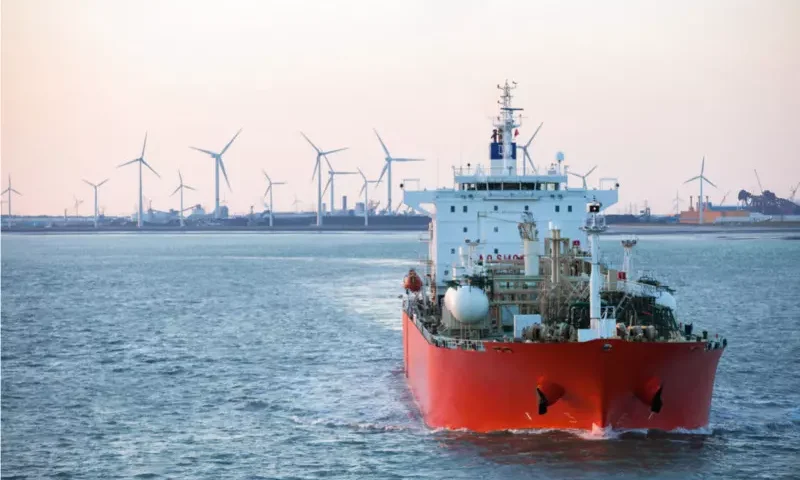PortEconomics member Jason Monions reviews the current progress towards decarbonisation in the maritime transport sector and discusses the prospects of alternative fuels to enable the sector to reach net zero by 2050. The author begins with an overview of current fuel usage and emissions in maritime transport, which account for 2.8% of global anthropogenic carbon emissions. The latest study from the IMO predicts that the current level of emissions is expected to increase by 50% by 2050, with the best-case scenario only able to maintain the current level. The study then discusses the alternative fuels that may contribute towards decarbonisation of the sector, such as hydrogen, ammonia and methanol, revealing that only a tiny number of vessels have renewable fuel capability, and that is mostly dual fuel engines that will continue to burn fossil fuels.
Last, Jason evaluates shipping policies and governance mechanisms seeking to drive a trend towards net zero, including the roles of key institutions such as the EU and the IMO. As a result of this review, the study concludes that, despite a proliferation of small-scale industrial trials, there is currently no credible pathway to net zero for maritime transport outside of major policy intervention aligned with a significant reduction in demand for goods transport.
The study has been presented at the latest IAME conference held 25-27 June 2025 in Bergen, Norway, and you can freely download it via PortEconomics here.












